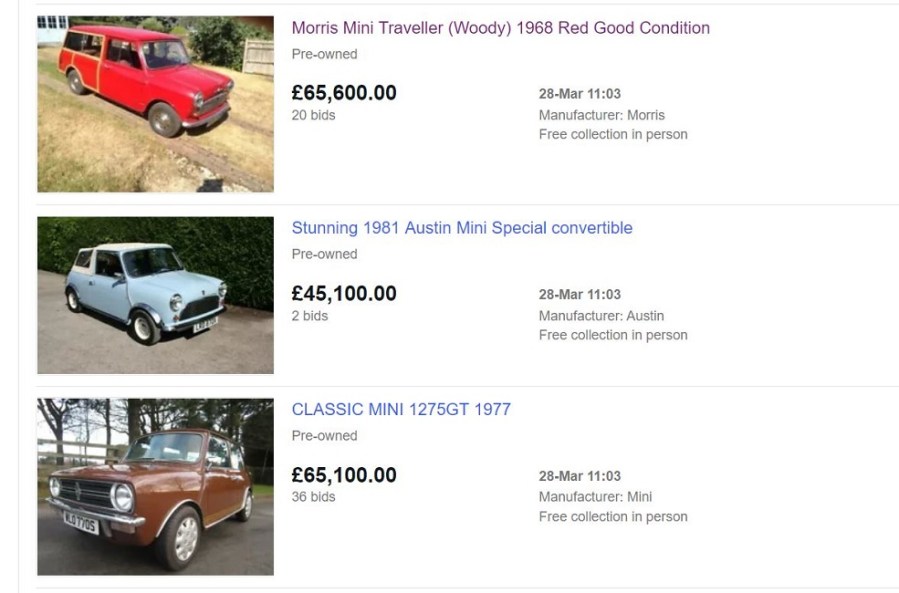There are plenty of heart-warming stories of people pulling together during this difficult period of social distancing and isolation, but sadly there are also those hell-bent on taking advantage of those in vulnerable positions. With people from all walks of life likely to be spending more time online while effectively under house arrest, fraudsters suddenly have a captive market for their scams.
Figures from Action Fraud, the UK’s national reporting centre for fraud and cybercrime, reveal that scammers have been preying on coronavirus fears to con people over the last two months – and like the virus itself, they’ve grown exponentially. A recent report revealed there had been 105 reports to Action Fraud since February 1, with total losses reaching nearly £970,000. There were 20 in February, with 46 more between March 1-13 and then 38 reports in just four days between March 14-18.
The majority of reports are related to shopping scams where people have ordered protective face masks, hand sanitiser and other products, which never arrived. Other issues reported include ticket and dating scams, bogus charity appeals and loan fraud.
Action Fraud also received over 200 reports of coronavirus-themed phishing emails attempting to trick people into opening malicious attachments that could lead to crooks stealing personal information. Some criminals had been using government branding to try and trick people, such as using HMRC branding to make spurious offers of financial support.
Sadly, it seems the classic car community is not immune to online fraud, with scammers continuing to use platforms such as eBay. This is not a new phenomenon and isn’t directly related to the virus, but with the likelihood of those less familiar with the internet now spending more time online, plus an increase in desperation to stave off the boredom of being at home, it stands to reason that more people could be caught out. After all, a potential bargain classic to work on in isolation sounds tempting.
Sadly, reams of the ‘bargain’ classic car listings we noticed were fraudulent. As we reported in December, while some scammers will only list one or two fraudulent listings, many are now done ‘in bulk’ using a hacked account to the tune of hundreds or even thousands. Pictures and information are copied from previous legitimate ads or are found elsewhere online.
Online groups such ‘eBay vehicle scams alerts’ on Facebook attempt to get such listings taken down quickly, but they can stay online for several hours. In the difficult times of business being stretched to capacity, the listings we noticed had lasted over 50 hours and counting – they only need a few minutes for the damage to be done. To make matters worse, eBay’s Buyer Protection rules in the UK exclude vehicles, so the buyer has no protection and no entitlement to a refund.
So, how can you avoid being caught out? Be wary of strange payment requests, links providing payment details, overseas transfers and email addresses that contain a series of numbers rather than easily identifiable names, and don’t pay by bank transfer. A non-specific location such as ‘United Kingdom’ should also trigger alarm bells, though scammers have smartened up in this respect too and the location is often a specific one.
Contact details cunningly placed in a picture or screenshot should also raise concerns – email addresses in the description haven’t been allowed by eBay since 2017. Instead, communications must go through eBay’s messaging service, where a record is always kept. Scammers will usually try and avoid meeting, but in these times of social distancing, a window has been opened for their explanations to seem more plausible than usual, so be careful.
If you think you’ve seen a scam listing, report it to eBay – it takes less than 30 seconds. Together we could save fellow classic fans a lot of heartache.




